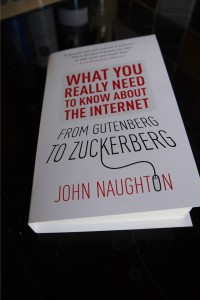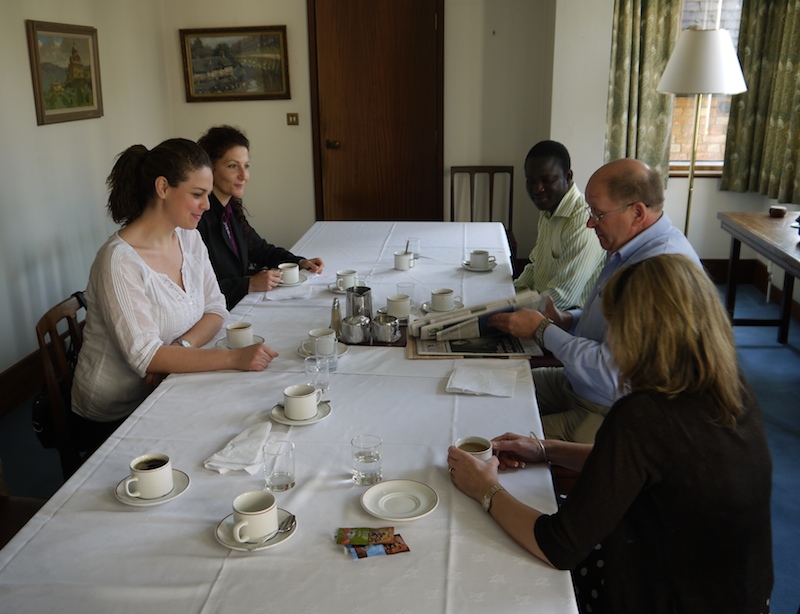Simon Jenkins, a former newspaper editor and one of the Guardian‘s most prominent columnists, has a rant today about the revelations of how far the News of the World’s hacking went. (They included hacking into the mobile phone of a murdered teenager — and deleting some messages in her voicemail — thereby encouraging her distraught parents to think that she might still have been alive.)
At first, Jenkins’s rant seems predictable. “Editors on a paper whose stock in trade is human anguish”, he writes,
appeared to lose all respect for the law, let alone self-control. The hacking into Milly Dowler’s phone was part of a culture of intrusion that seemed to know no bounds. It now appears to have extended to the Soham murder victims’ families. This stretches any public interest defence beyond credibility and taunts politicians to react with scourges against press freedom, for which there will now be strong public pressure”.
Quite. But now comes the extraordinary bit:
Pressure on editors and newspaper owners not just to “dumb down” but to abandon all scruple and restraint has been intense. The handling by the press of the Joanna Yeates murder case, now subject to contempt of court proceedings, shows the degree to which the web has eroded newspaper discipline.
[emphasis added]
Eh? I had to read that a second time to be sure that I wasn’t dreaming. Suddenly it’s the web’s fault that an occupational group (print journalists) which is forever bleating (or ranting) about the untrustworthiness and unreliability of the web — compared with the gold-standard of old-fashioned journalism — should have been forced to abandon their high ‘professional’ standards.
At this point one wonders if dear old Jenkins (who, perhaps not incidentally, was a giant of old-style print journalism) might not be losing his marbles, or at any rate his capacity for joined-up thinking. The moral zombies who run the News of the World and newspapers like it do not see themselves in competition with the web, but with other print publications. They’re caught in a circulation war. It may be that the online world makes them even more frantic to get an exclusive angle on big stories, but blaming the web for grotesquely unethical and illegal behaviour is like a jewellery thief blaming rich women for his crimes.



